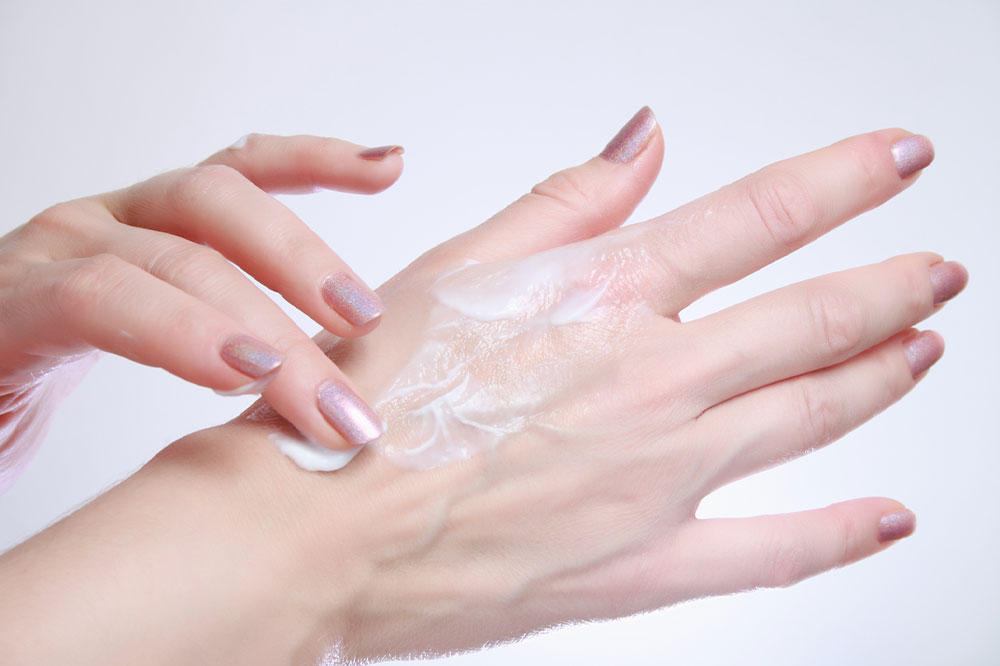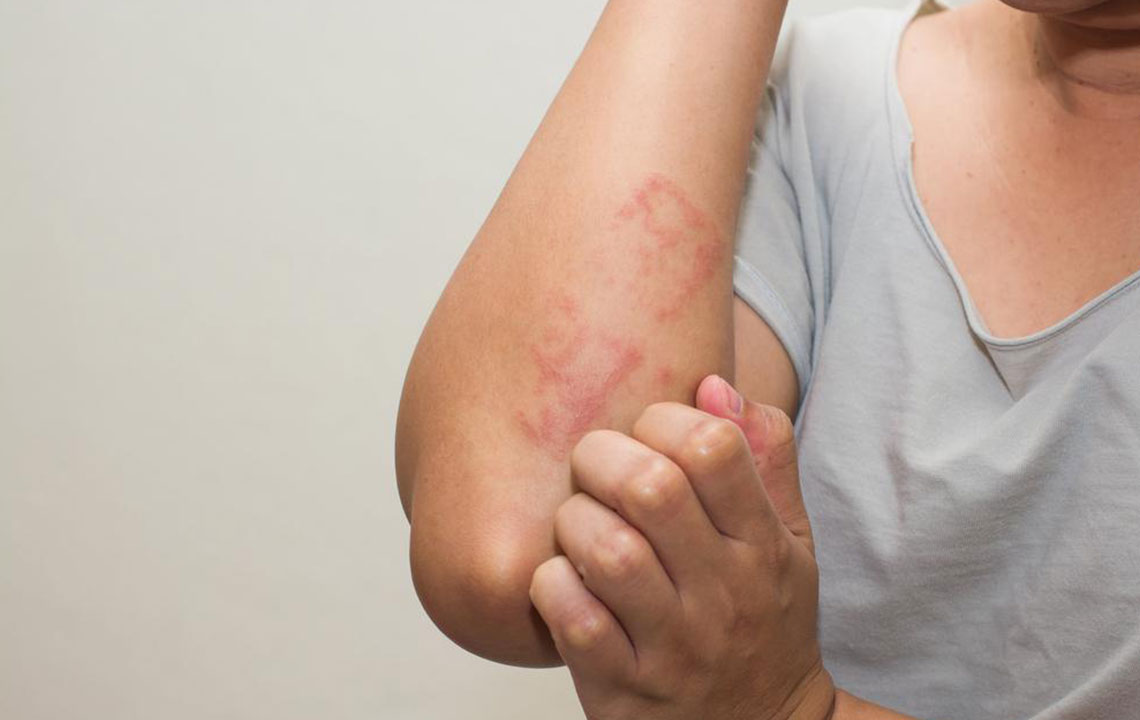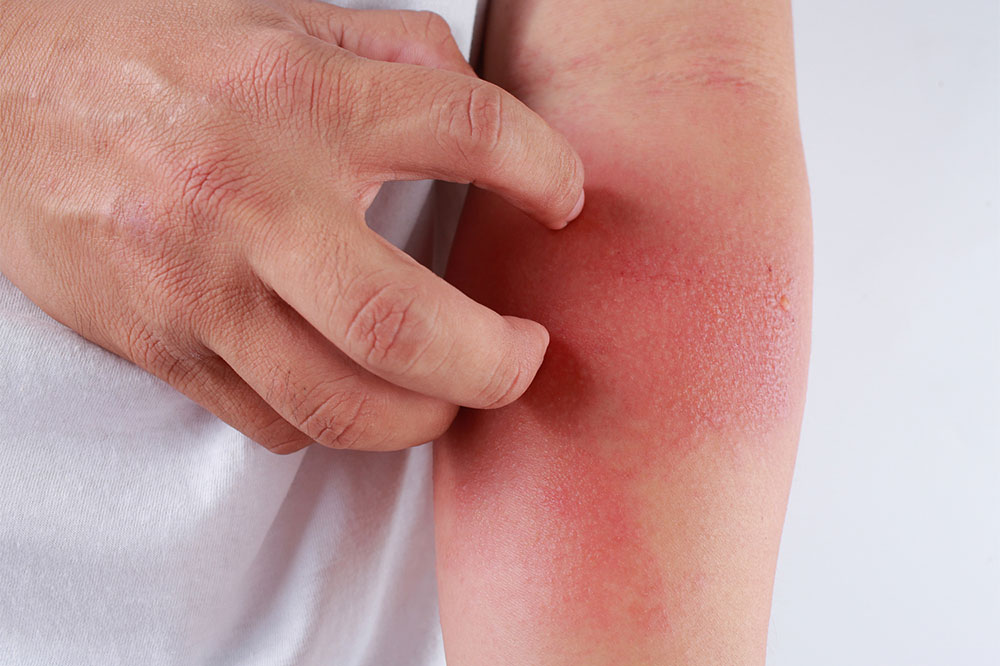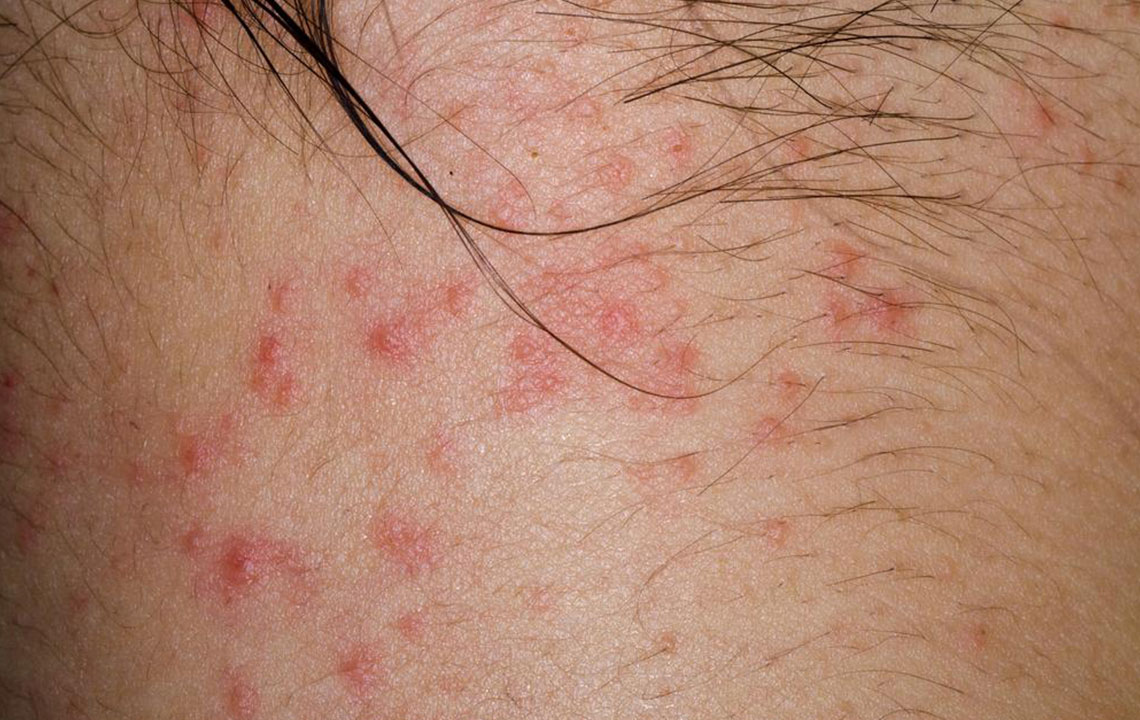Comprehensive Guide to Eczema: Causes, Types, Symptoms, and Effective Management Strategies
Eczema is a common skin condition characterized by dryness, redness, and itching. This comprehensive guide explores its causes, various types including atopic, contact, dyshidrotic, and nummular eczema. It covers symptoms, diagnosis, and effective management strategies such as medications, lifestyle changes, and trigger avoidance. Although no cure exists, proper skin care routines, environmental control, and medical treatments help manage flare-ups and improve quality of life. Stay informed to better understand and control eczema through tailored management plans that suit individual needs.

Comprehensive Guide to Eczema: Causes, Types, Symptoms, and Effective Management Strategies
Eczema is a broad term used to describe various skin conditions that lead to inflammation, dryness, redness, itching, and irritation. This group of dermatological disorders can affect individuals across all age groups, from infants to the elderly. Despite being quite common worldwide, affecting approximately one out of three Americans, eczema’s exact cause remains somewhat elusive. Still, medical research indicates a complex interplay of genetic predispositions, environmental influences, and allergic reactions as contributing factors. Understanding the intricacies of eczema is crucial for effective management and improving the quality of life for those affected.
Historical origins of the term 'eczema' reveal its roots in the Greek word "ekzein," which translates to "to boil." This etymology vividly describes the inflamed, often swollen, and heated appearance of affected skin. Eczema is not a single disease but a collective term for several skin conditions with distinct characteristics and triggers. The fluctuating nature of symptoms, the variety of manifestations, and the challenge in identifying specific causes make eczema a complex condition to diagnose and treat effectively.
Despite the lack of a definitive cure, advancements in dermatology enable patients to manage symptoms through tailored treatment plans. These include medication, lifestyle modifications, and environmental adjustments. The primary goal of therapy is to control flare-ups, reduce discomfort, and prevent long-term skin damage. Proper skin hydration, avoiding known triggers, and wearing suitable clothing are essential aspects of daily management. Through a combination of medical intervention and self-care, individuals with eczema can lead comfortable, active lives.
Various forms of eczema require different approaches for diagnosis and management. Recognizing the specific type is crucial for effective treatment.
Atopic Eczema: Predominantly seen in children, atopic eczema is closely associated with immune system hypersensitivity and allergic tendencies. It usually manifests within the first year of life as dry, itchy, and inflamed skin, particularly on the face, cheeks, and limbs. The chronicity of atopic eczema often involves periods of flare-ups and remission. Genetic predisposition plays a significant role, with many patients having a family history of allergic conditions such as asthma or hay fever.
Contact Eczema: This form results from direct contact with allergens or irritants present in everyday items like jewelry made of nickel, certain cosmetics, household cleaning products, or exposure to plants such as poison ivy. Symptoms include redness, itching, swelling, and sometimes blistering upon contact. Avoiding triggers and using protective clothing can prevent outbreaks.
Dyshidrotic Eczema: Characterized by the sudden appearance of tiny, fluid-filled blisters on the palms of the hands and soles of the feet, this type of eczema is often associated with seasonal allergies, stress, or moisture exposure. The blisters can be intensely itchy and may lead to cracking or peeling of the skin if not managed properly.
Nummular Eczema: Named after its coin-shaped patches, nummular eczema can affect people of all ages. The lesions are round, well-defined, and may or may not be itchy. These patches can appear on any part of the body and are sometimes mistaken for fungal infections or psoriasis. Treatment often involves emollients and topical steroids to reduce inflammation.
For diagnosis, physicians rely on detailed medical history, clinical examination, and sometimes allergy testing to identify specific allergens contributing to eczema flare-ups. Recognizing the triggers helps in customizing treatment plans and reducing recurrence. The severity of eczema varies considerably among individuals, with some experiencing mild symptoms confined to small areas, while others suffer widespread, persistent irritation.
Management strategies for eczema are comprehensive and focus on symptom control, skin barrier repair, and trigger avoidance. Topical corticosteroids, antihistamines, and moisturizers remain mainstays of treatment. Emollients are crucial for maintaining skin hydration, which helps prevent dryness and cracking. Additionally, lifestyle modifications such as wearing soft, breathable clothing, avoiding harsh soaps, and practicing stress management can significantly reduce flare-ups.
In some cases, specialized therapies like phototherapy or systemic medications are necessary for severe or stubborn cases. Patients are advised to keep a detailed record of their symptoms and exposures to better understand personal triggers. Educating patients about skin care routines and environmental factors empowers them to take proactive steps in controlling their condition.
While living with eczema requires ongoing effort and vigilance, proper management can greatly enhance comfort and daily functioning. Continual advancements in dermatological treatments promise improved outcomes and hope for those dealing with this chronic skin condition. Consulting healthcare professionals regularly ensures that treatment plans evolve along with the individual's needs and the latest medical developments.





